Quick answer: Yes, you can use a container as a storage unit. Shipping containers are durable, secure, and weather-resistant, making them a practical solution for storing personal or business items.
Overview
Do you have a growing collection of items—cars, furniture, seasonal decorations, childhood keepsakes, or your kids’ toys and clothes?
If so, you’ve probably run out of space in your basement, garage, or closets.
No matter how much room you think you have, it never seems to be enough.
As households and businesses continue to accumulate belongings, the demand for flexible, secure, and accessible storage solutions is at an all-time high.
This has led many people to ask: Can you use a container as a storage unit?
The answer is yes.
More individuals and companies are turning to shipping containers as reliable, cost-effective alternatives to traditional self-storage. Whether you’re dealing with household overflow or managing business inventory, container storage offers a practical solution.
In this guide, we’ll explore everything you need to know—from container versatility to safety features, costs, and considerations.
Is it Possible to Use Container as a Storage Unit?
Yes! Containers can be used as storage units; in fact, many people use them for storage purposes. Here are the advantages of using a container as a storage shed.
| Advantages | Details |
|---|---|
| Durability | Containers are designed to resist adverse environments such as high winds, extreme temperatures, and heavy rain. They are made of steel, making them durable and resistant to insects, rodents, and fire. |
| Security | Containers are built to be safe, with lockable doors and thick walls to prevent theft and unauthorized entrance. They can be reinforced with additional locks and alarms if necessary. |
| Cost-effective | Containers are frequently less expensive to build and maintain than traditional storage facilities. They can also be purchased or rented for less money than constructing a standard storage shed. |
| Versatility | Containers come in various sizes and can be designed to meet specific storage requirements. They can also be readily moved to other locations if necessary. |
| Eco-friendly | You are reusing a recyclable item by converting a container into a storage shed. This saves waste and helps to preserve natural resources. |
Key Facts About Storage Units
If you're considering using a container for storage, it's helpful to understand the broader storage industry landscape. Here are some key statistics and insights:
Average Space Per Person
The United States offers an average of 5.4 square feet of storage space per person, reflecting the nation's growing need for off-site storage (SSA.org).
Widespread Usage
Roughly 1 in 10 Americans—over 85 million people—rent storage space, making self-storage one of the fastest-growing commercial real estate sectors.
Relocation Drives Demand
According to USA Today, 14% of Americans move each year, and many use temporary storage for excess items during relocation.
Market Growth
A report by MarketWatch predicts the self-storage industry will experience a 5% annual growth rate, driven by urbanization, downsizing, and small business needs.
Long-Term Storage Habits
Many renters underestimate how long they’ll need storage. On average, people keep their units for over three years, often due to delayed downsizing or lack of time to declutter.

If you're planning to rent a storage unit, learn How Much a Self-Storage Unit Costs.
Types of Containers for Storage
Storage containers come in various shapes and functionalities. Understanding the different types of containers available for storage is crucial in selecting the most suitable option for specific requirements.
Let us discuss its three main categories:
Traditional Storage Containers
Traditional storage containers are the core of the storage sector. These containers are made of durable materials like steel or aluminum. They are meant to withstand extreme weather conditions while providing secure storage for various products.
They are available in typical sizes, such as 20 x 40, making them suitable for domestic and commercial storage.
Specialized Storage Containers
Specialized storage containers provide reliable solutions to specific storage needs. Climate-controlled containers, for example, use heating, ventilation, and air conditioning (HVAC) systems to adjust temperature and humidity levels inside the container.
These containers are essential for storing delicate materials, including electronics, artwork, records, and perishable commodities, which require exact climatic conditions to avoid damage.
Innovative Storage Solutions
In recent years, there has been an increase in innovative storage solutions that use reused containers in new ways. These repurposed containers, or upcycled or recycled containers, provide an environmentally responsible alternative to traditional storage facilities by reusing decommissioned shipping containers.

According to Research, 54% of Americans feel burdened by their clutter, but 78% have no idea how to deal with it.
What Makes Containers Good for Storage?
It contains several features that make it the best storage unit option. Let us discuss the reasons why.
Containers have Large Storage Capacity:
Shipping containers are available in standardized sizes, offering impressive storage capacity. Here is the breakdown of the storage capacity of different sizes of containers:
Capacity of 20ft Container
| Container Size | Storage Capacity |
|---|---|
| 20 Feet | |
| Equivalent of 200 standard mattresses | |
| storage for two compact cars | |
| Room for 9,600 wine bottles |
Capacity of 40ft Container
| Container Size | Storage Capacity |
|---|---|
| 40 Feet | |
| Equivalent of 400 standard mattresses | |
| Storage for four compact cars | |
| Room for 19,200 wine bottles |
Safe and Secure
Containers are ideal for storage because they are self-enclosed. This provides privacy from prying eyes because no one can see what is within the container. Container entrance points can be further secured with a weld-on or bolt-on lockbox.
You also monitor your container doors using security cameras to prevent theft or vandalism.
Easy to Keep Pest-Free
Pests invading your storage space could be disastrous. They may contaminate your products and cause lasting damage. Keeping pests away is another reason to consider using containers for storage units. Pests can't get inside the sturdy body of the container, which keeps your items safe and secure.
Portable and Mobile
You cannot uproot rented storage facilities or newly built outbuildings, but you may surely uproot containers. Containers are designed for portability. You can move your storage container to a new spot on your property using a forklift.
With a tilt-bed or roll-off trailer, you may easily transport your container to a completely new location.
Retains High Resale Value
Renting a storage space is an unavoidable expense. That money will be permanently removed from your possession.
In contrast, containers have a resale value. If you use a container for storage for a while and then decide you don't need it anymore, you may sell it and recover a significant percentage of your investment.

Are you curious to know about living in a storage unit? Check out Can You Live in a Storage Unit?
Storage Unit V/S Container Storage Unit - Cost Breakdown
When choosing between a traditional self-storage unit and a container storage unit, cost is often the deciding factor.
Below is a comparison to help you understand the key differences and decide which fits your needs and budget best.
| Cost Element | Self-Storage Unit | Container Storage Unit |
|---|---|---|
| Monthly Rental | $50-$400+ depending on size and climate control | $80-$400/month depending on size, extras, and rental duration |
| Delivery/Pickup Fees | Usually none (facility-based) | $70-$150 one-time for delivery + pickup |
| Climate Control Upgrade | +$10-$50/month | Often extra; ask provider—ranges $10-30/month for insulation or HVAC add-ons |
| Insurance/Coverage | Optional: ~$10-25/month | Optional: ~$10-$150/month depending on liability/insurance |
| Delivery/Pickup Charges | n/a (on-site) | $70-$150 per move; shipping costs vary: $90-$250 locally, $1K+-$3K+ regionally |
| Setup/Prep (Foundation, etc.) | Usually none | Might need blocks, gravel pad, or permits: $0-$500+ depending on location and service scope |
| Long-Term Discounts | 10-20% off for long-term contracts | Some providers drop monthly rates after 6+ months |
| Customization/Add-ons | Minimal – facility rules apply | You can install insulation, shelving, lighting, and security—expect $50-to $500, depending on the complexity. |
Breakdown Highlights
Monthly Rental
Self-storage: $50–400/month depending on size & climate. Popular sizes: 5×5 ($100–250), climate (~$200–350).
Container: $80–400/month depending on size (10–40 ft), with long-term rates dipping to $100–150 .
Delivery & Setup
Containers cost $70–150+ to deliver and pick up. Plus, you may need to prep a foundation ($0–500+).
Climate Control & Insurance
Climate upgrades add $10–50 to both options. Insurance costs vary—$10–150/month, depending on coverage level.
Long-Term Leases & Discounts
Locking in for 6+ months gets you 10–20% off on storage units. Container providers often drop prices after longer stays.
Important Considerations When Using Containers for Storage
Before choosing a shipping container for your storage needs, it’s essential to consider several practical and legal factors.
Space and Placement Requirements
Determine if your property has enough space for a container. Make sure there is adequate clearance for delivery, especially if you're placing it in a driveway or yard. Also, research local zoning laws—some cities require permits for residential container placement.
Climate and Environmental Exposure
Consider how your region’s climate might affect the contents of your container. High humidity or extreme temperatures can damage sensitive items. If you plan to store electronics, fabrics, or paper, ask the provider: are shipping containers climate controlled or insulated?
Legal and Regulatory Compliance
Check local laws or HOA rules regarding the use of storage containers on private property. Some areas have restrictions on container visibility, storage duration, or permitted items.
Maintenance and Structural Upkeep
Although containers are built to be tough, they still require occasional care. To extend the life of your unit, inspect it regularly for rust, water leaks, and door alignment. Keeping your container on a raised foundation also reduces the risk of corrosion and flooding.
Long-Term Usability and Flexibility
Think beyond storage—many people are now using a container as a home office, workshop, or creative space. If that might be in your future, plan your container setup accordingly with ventilation, insulation, and secure access in mind.
Tips to Turn Your Container into a Functional Storage Unit
Here are some tips you should follow before using a container as a storage unit:
Find the Right Container
First, find the right container to start a container self-storage unit. Choose the size and condition that fit your needs. Before you buy, make sure you have a safe and allowed place to put your container.
Insulate the Walls
If you keep temperature-sensitive items, consider framing and insulation for your container storage facility. This will help with indoor climate management, keeping your belongings in good condition during heat waves and cold snaps.
Organize It
If you store large objects, you may not need to place shelves within the cabinets. If you store little objects, use shelves and cabinets to arrange them.
Choose the Right Container Size
Container size naturally influences whether or not it represents good value for money. Acquire the appropriate container size for your storage needs to avoid wasting money.

If you have a lot of extra goods and are looking for an affordable storage unit, check out Economical Storage Units?



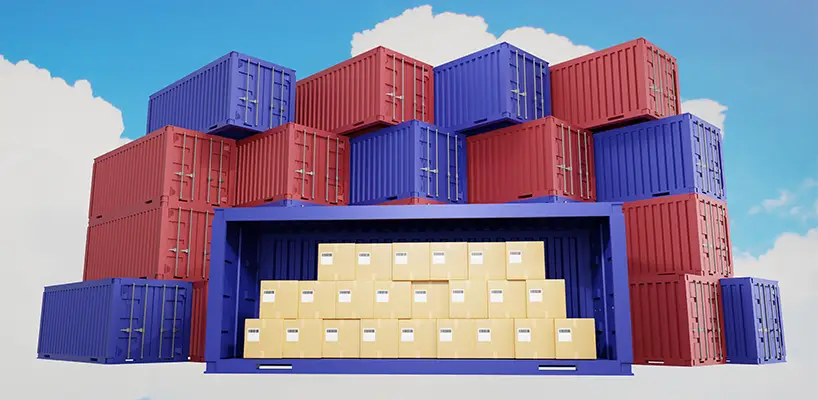








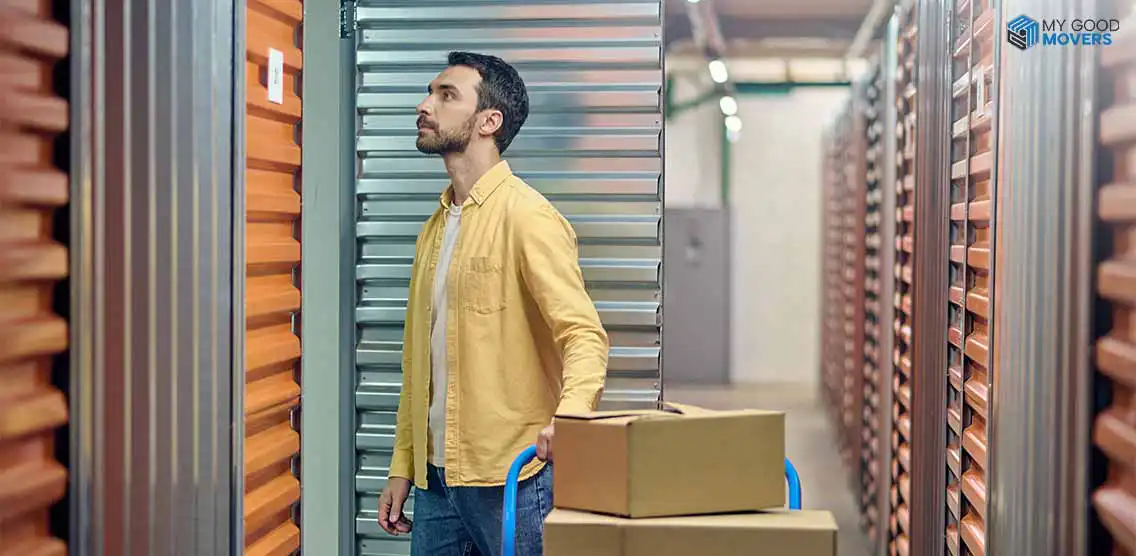


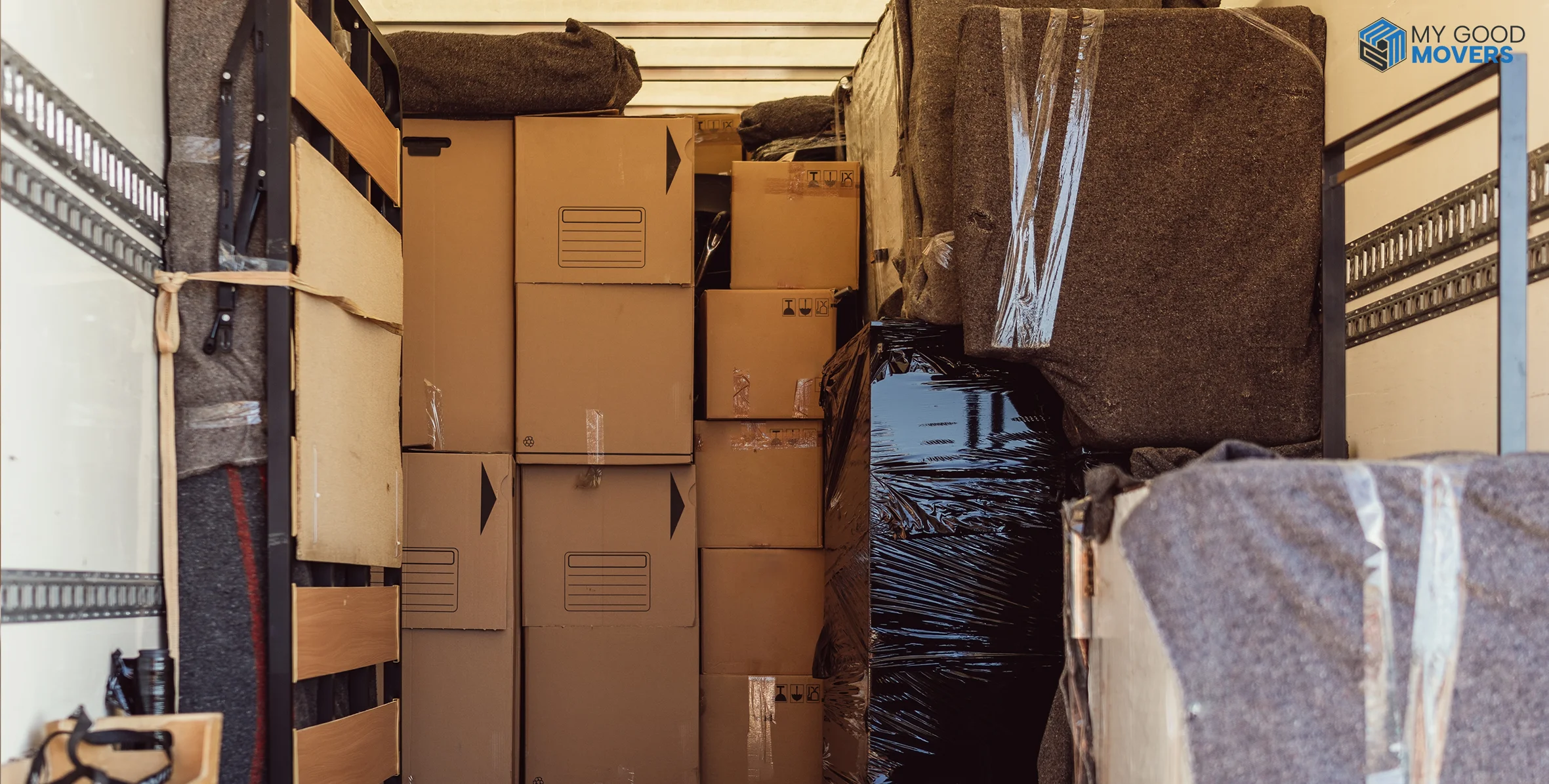
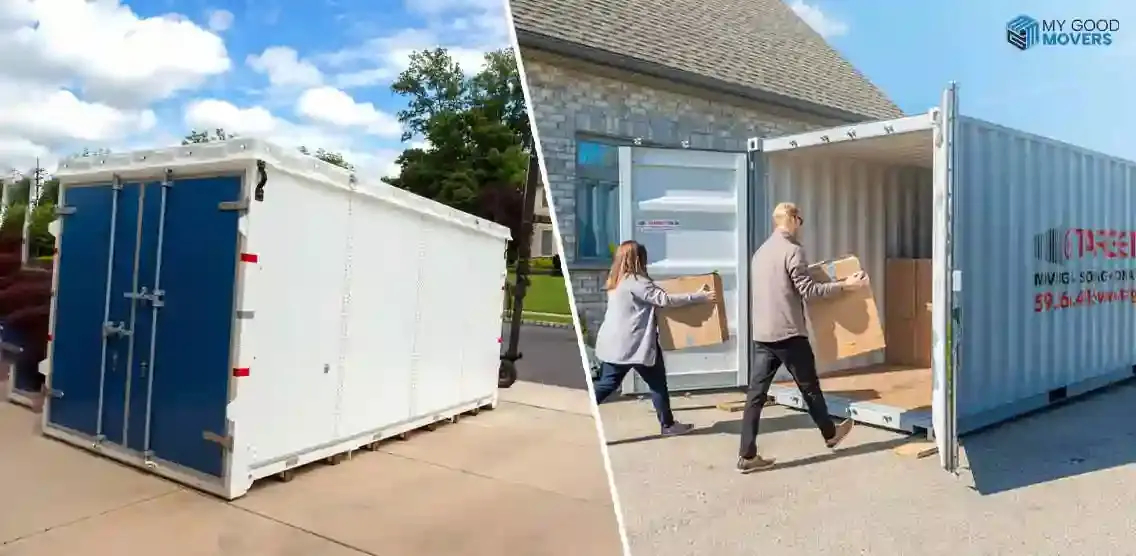
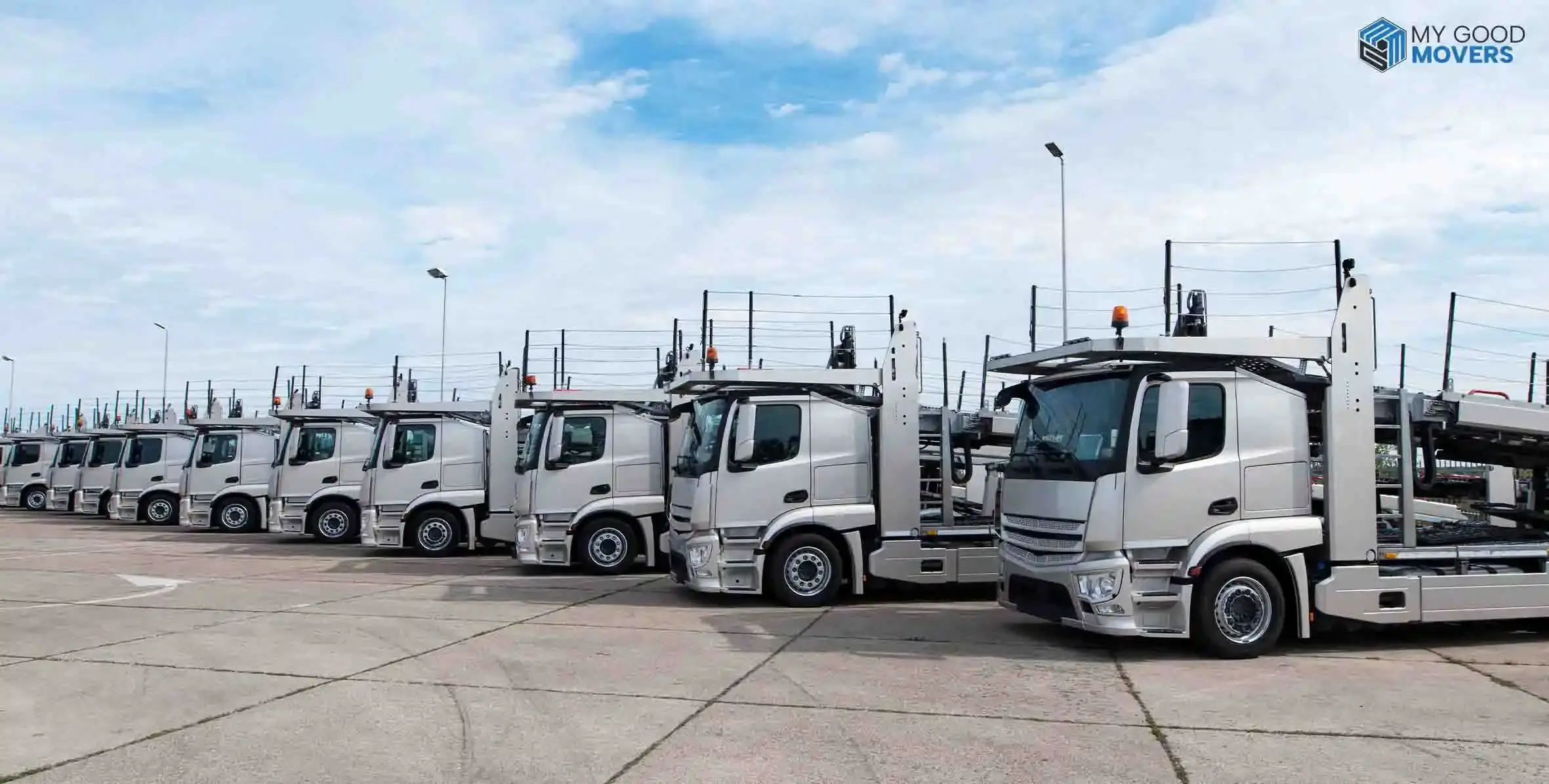


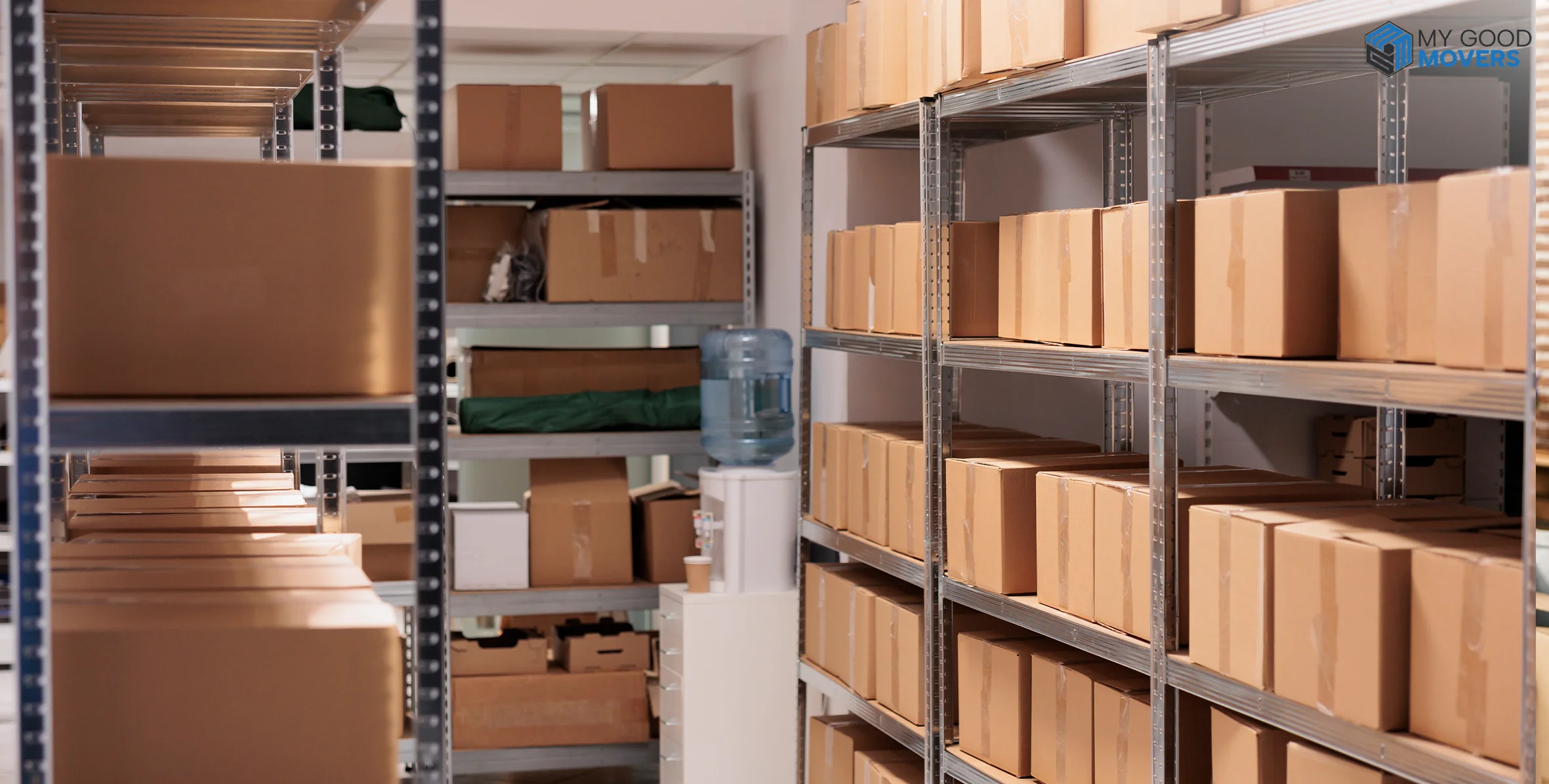



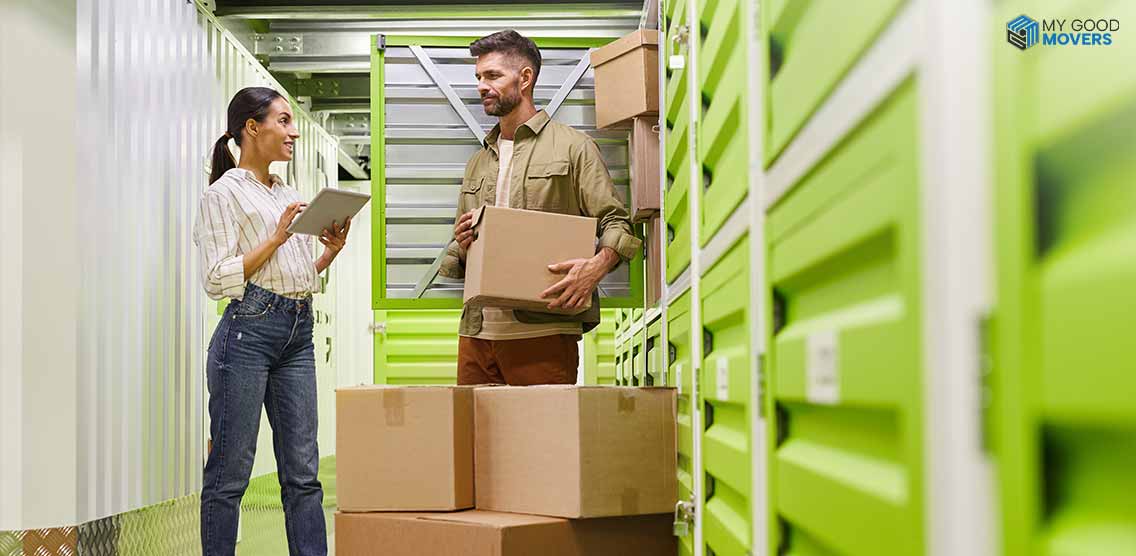
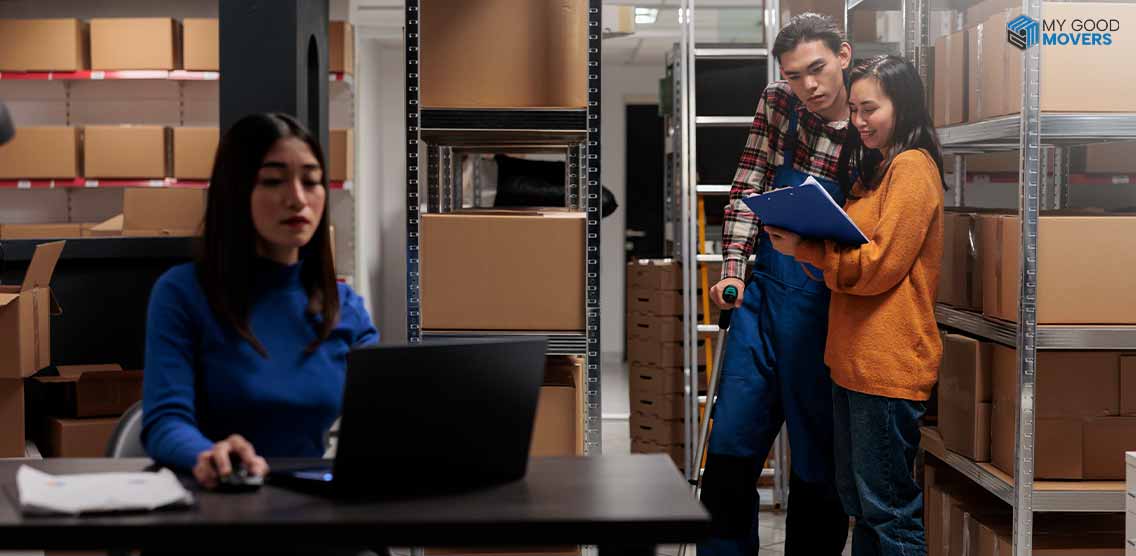
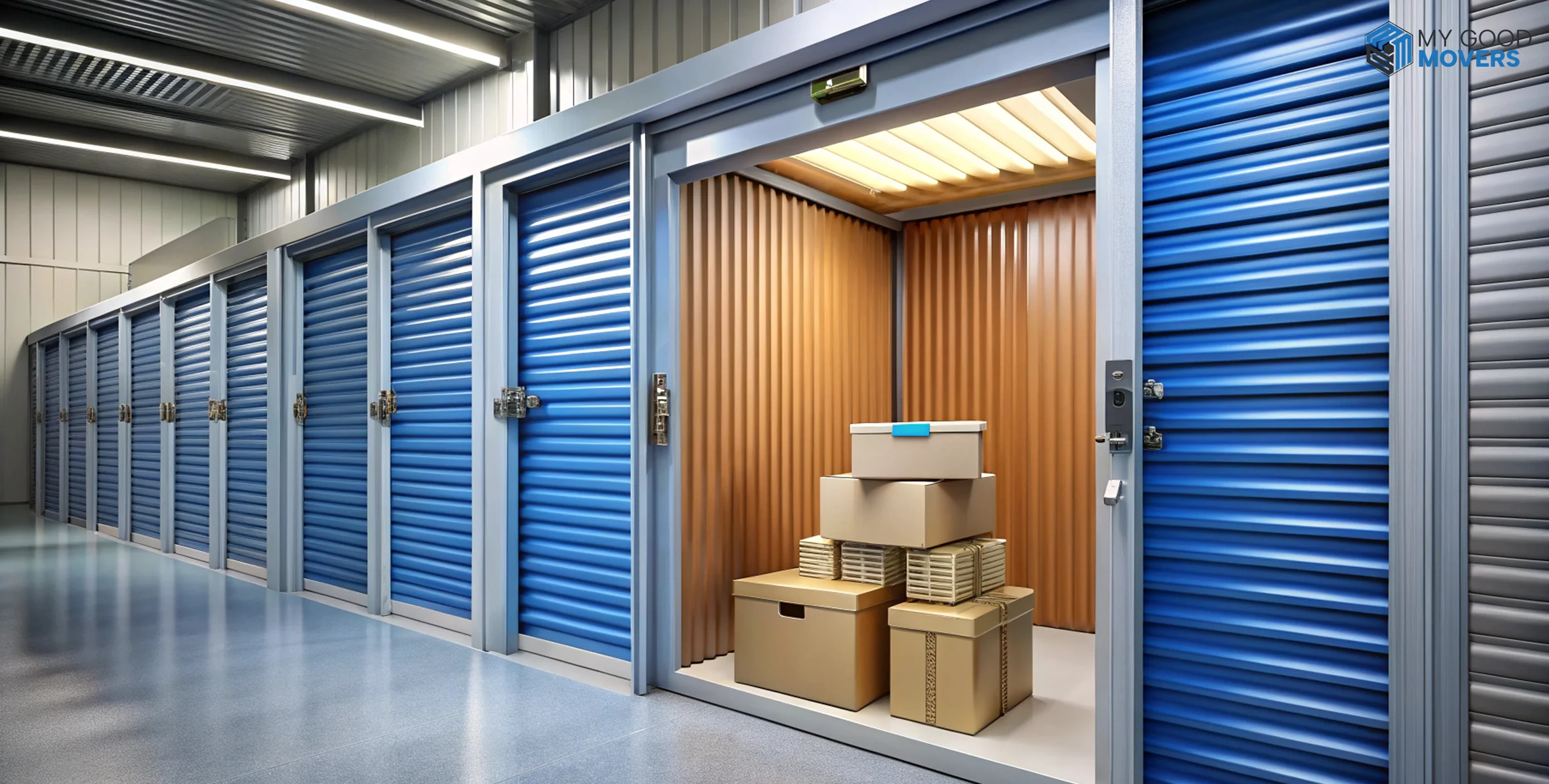
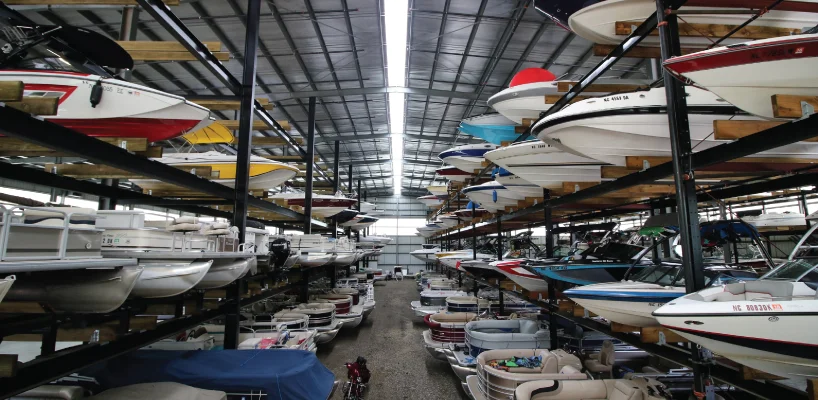

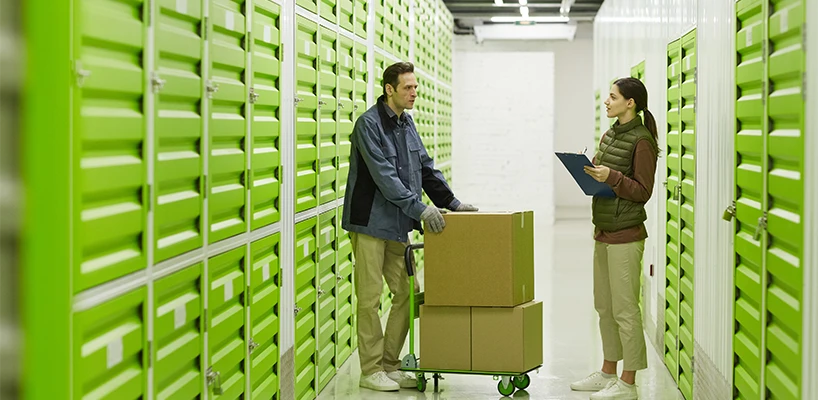
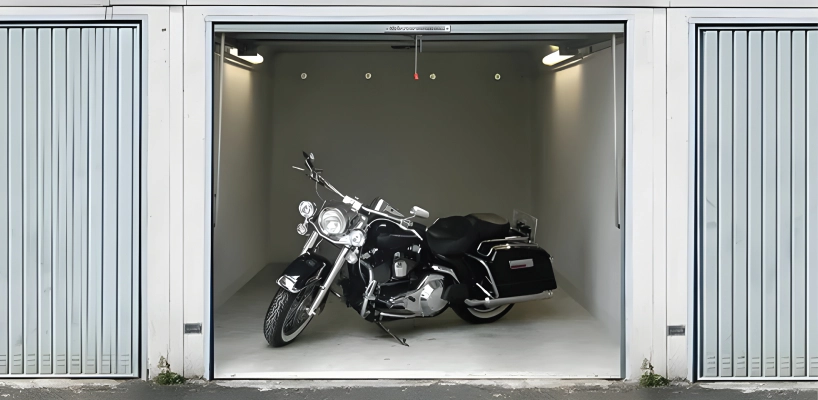

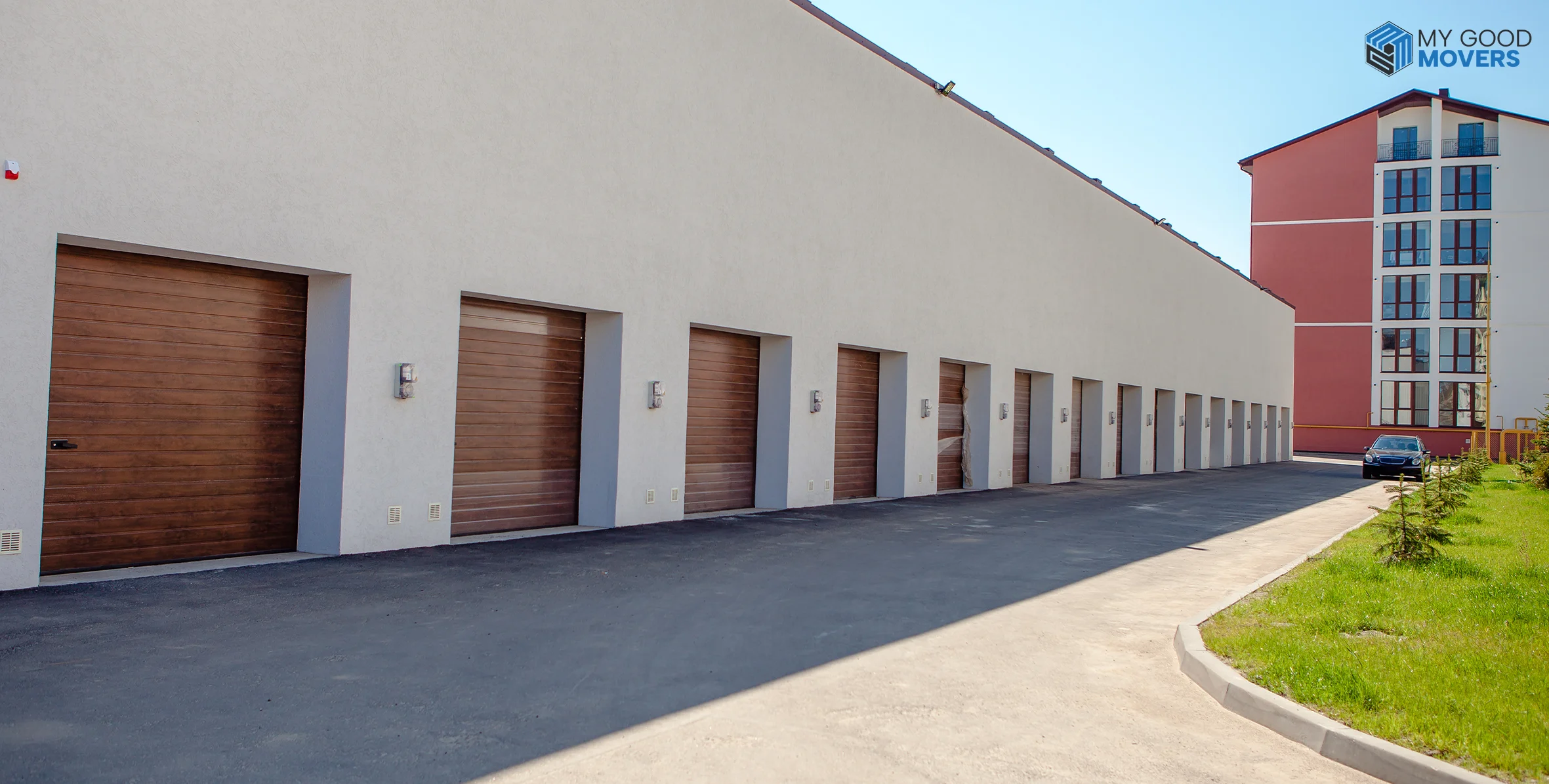
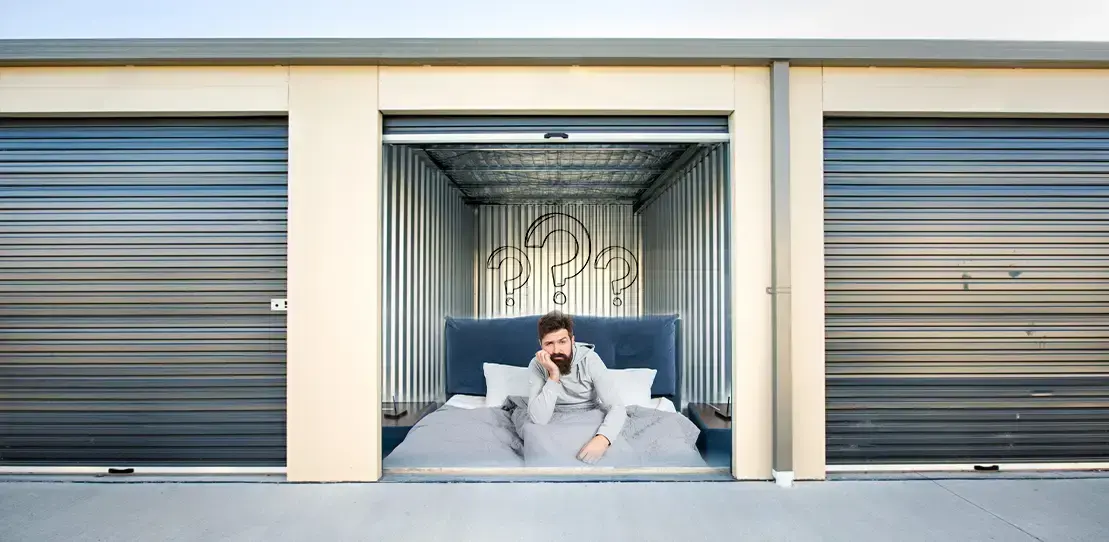

 (239) 799–6077
(239) 799–6077